With summer just around the corner, it might be time to replace or update your air conditioning unit. Choosing the right central air conditioner depends on the size of your home, how many rooms you need to cool, and your budget. With several different brands and air conditioner sizes to choose from, making the right choice can be difficult.
When it comes to deciding on your new central air conditioner, we have you covered.
Get in touch with a local contractor today.
On this page
- What do I need to know before buying?
- Most reliable AC brands
- Best central air conditioner for your home
What to know about a central AC unit before buying?
Size and capacity
When choosing a new central air conditioning system, knowing what size you need is crucial. If you choose a small AC unit for a large home, it’s going to struggle to cool the area and put stress on the unit. Central air conditioners for residential homes are available between one and five tons with specific cooling capacities, known as BTU/hr (British Thermal Units per hour). One ton equals 12,000 BTU/hr.
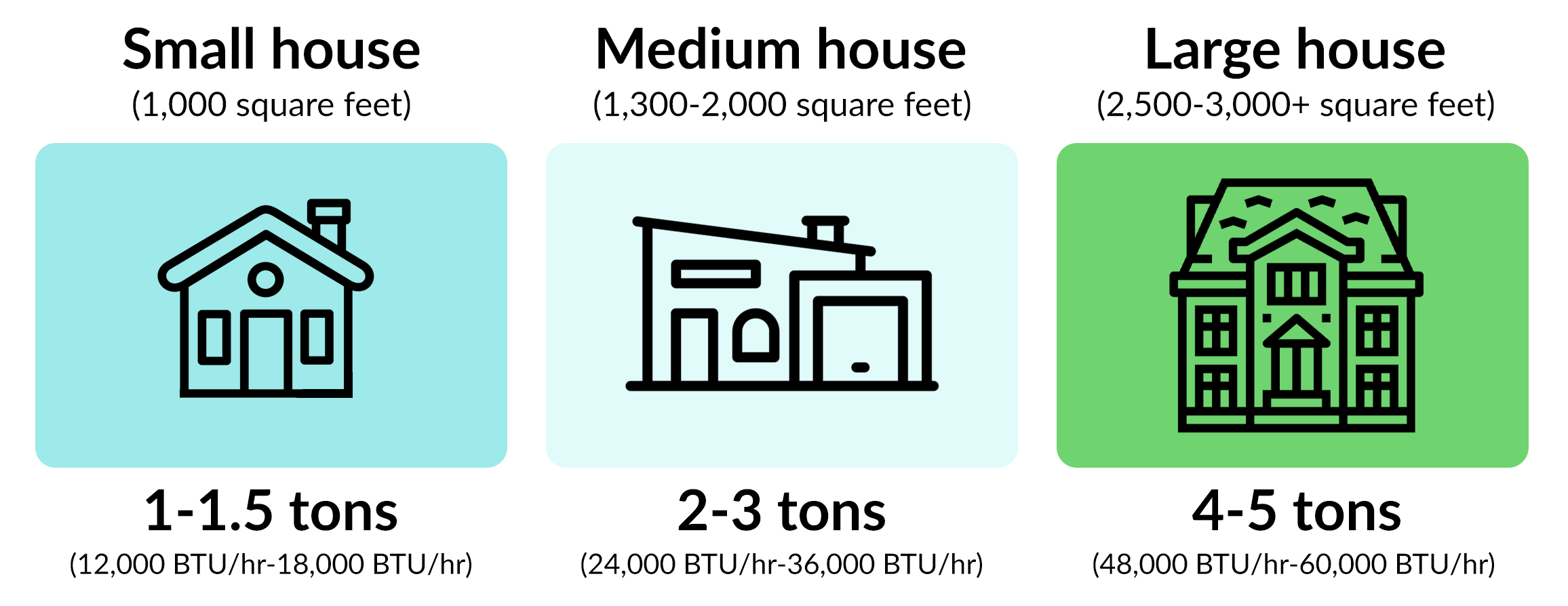
Efficiency
The efficiency of your central AC unit is represented in an energy efficiency rating, known as a SEER (Seasonal Energy Efficiency Ratio) rating. This rating determines how much energy your unit uses to cool your home. The higher the SEER rating, the more efficient and more expensive the unit. Currently, the standard minimum SEER rating is between 13 and 14 while more expensive units have SEERS up to 24. Though higher SEER units cost more, they will end up saving you money on energy costs in the long run.
Location
Where you live has a significant impact on choosing a central AC system. Warmer climates like Texas or Arizona are going to require larger and more expensive air conditioning units with more BTUs than climates like Maine.
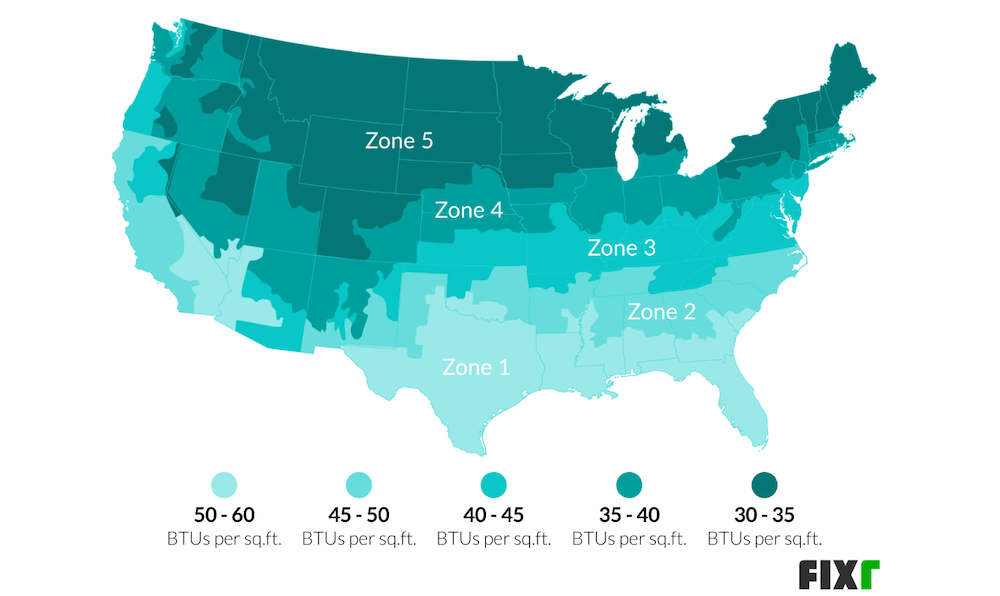
Noise levels
Let’s state the obvious: air conditioners can be noisy. So noisy, in fact, that manufacturers list decibel levels for their units. If your central air unit is close to a bedroom, you’ll likely want to look for something with a low decibel level to maximize quiet operation.
Most reliable AC brands
Carrier
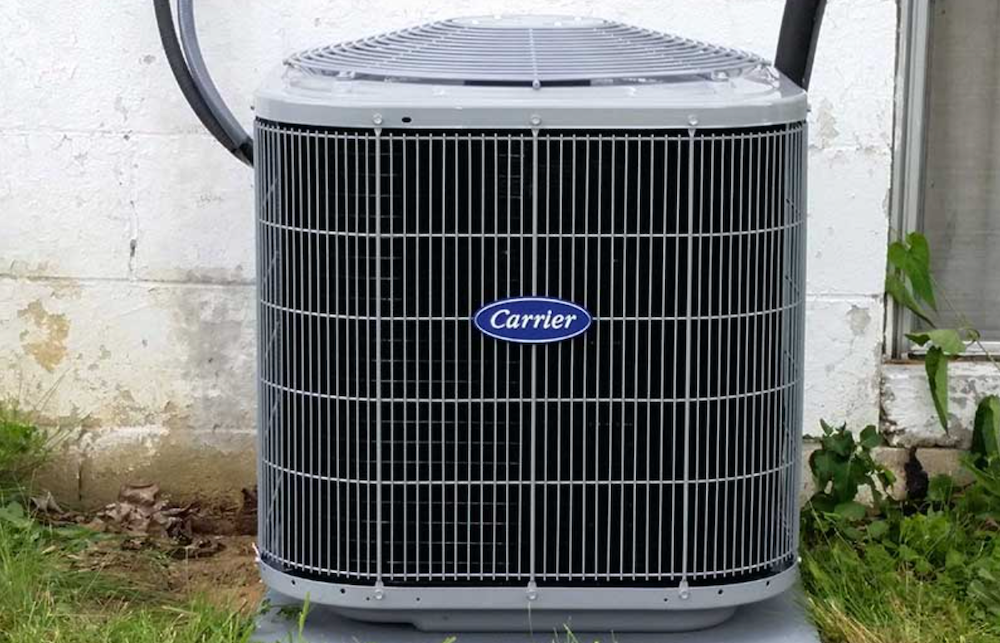
Image source: Mr. Air
Average price range (standard 3-ton unit) after installation costs: $4,000-$5,000
Carrier may be one of the most expensive brands available, but it’s also one of the oldest and most reliable, earning the title of Best HVAC Company of 2022 by US News. Carrier also recently earned an owner satisfaction rating of Excellent by Consumer Reports.
You’ll be able to choose between a single-stage, two-stage, or a variable speed compressor, which allows the outdoor unit to use only the required amount of energy to reach your desired temperature, therefore increasing your energy savings. Carrier air conditioners feature sound levels as low as 51 decibels and SEER ratings up to 26.
Trane
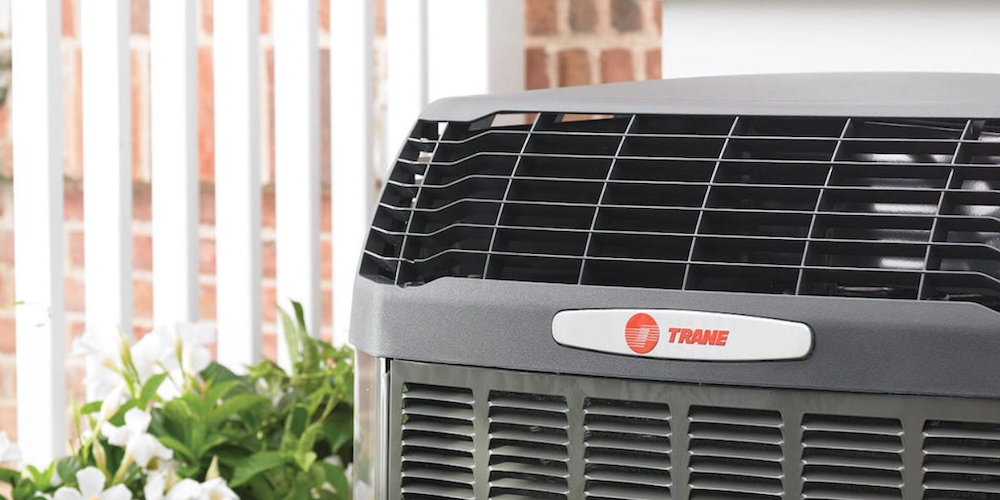
Image source: Arnica
Average price range (standard 3-ton unit) after installation costs: $2,000-$4,000
In a recent survey of homeowners conducted by Consumer Reports, Trane was named one of the most reliable and recommended air conditioning brands available. Trane central air conditioners are also among the quietest and most efficient models according to Energy Star, featuring low noise levels and above-average SEER ratings between 16 and 25.
If you have a smart home, these units also feature smart controls, which allow you to control the temperature and energy use from your phone, tablet, or computer.
Lennox
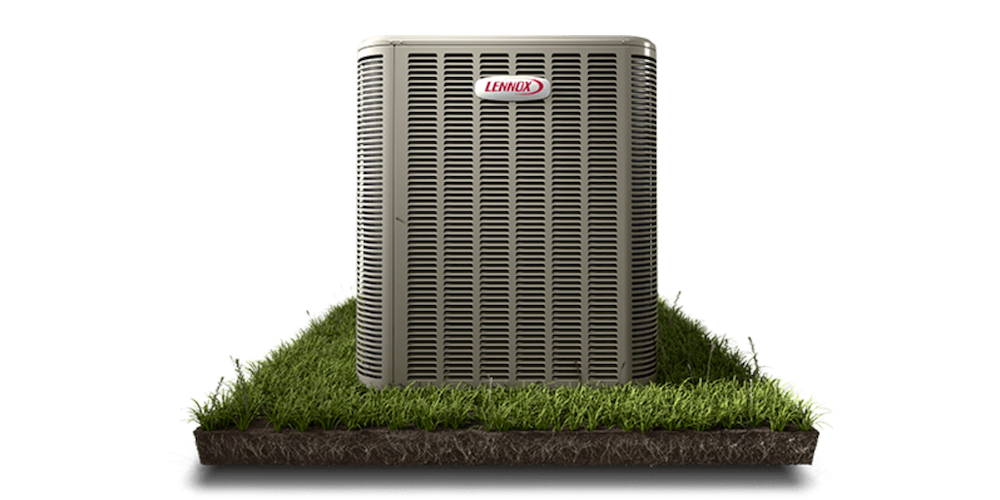
Image source: Lennox
Average price range (standard 3-ton unit) after installation costs: $2,000-$4,000
Lennox is one of the oldest and most energy-efficient air conditioner brands, featuring seven different models on Energy Star’s most efficient list of 2019 with high SEER ratings. Lennox can also be more expensive than other brands, but is consistently considered among the best central air conditioner brands available with top customer satisfaction scores from Consumer Reports.
If price is an issue, Lennox offers rebates up to $1,000 which can help aid your budget. Lennox also features a 5-year parts warranty and several different models with Wi-Fi programmable thermostats and smart controls.
Amana
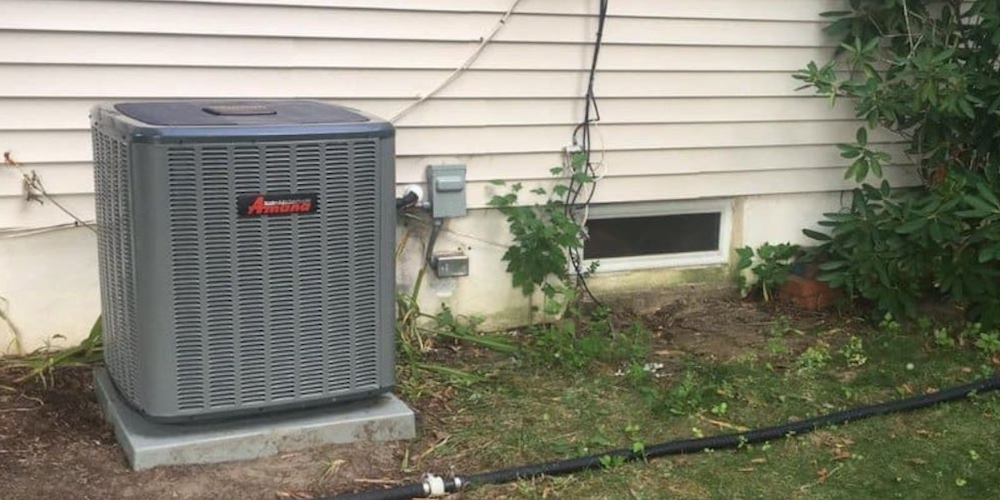
Image source: Gadget Review
Average price range (standard 3-ton unit) after installation costs: $3,000-$5,000
Amana is one of the largest central air conditioning brands, featuring high SEER ratings and a limited lifetime warranty for most of their units. They include high-efficiency compressors, single-speed condenser fans, and low decibel levels, so you won’t have to worry about the noise.
Amana gets high praise for its warranties, offering a limited lifetime replacement warranty for its compressors on your selection of air conditioner, heat pump, or gas furnace with a 10-year warranty on other parts.
American Standard
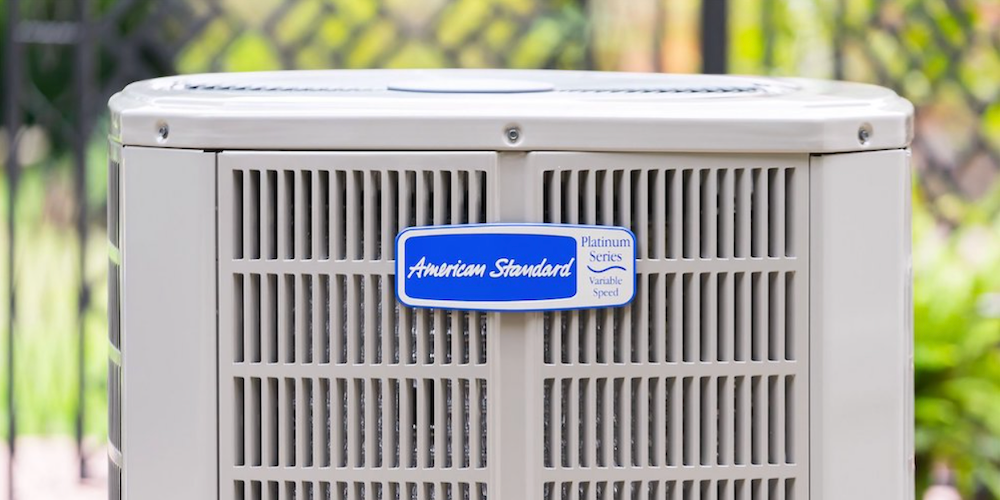
Image source: Arnica
Average price range (standard 3-ton unit) after installation costs: $2,500-$3,000
American Standard consistently ranks among the most reliable and recognizable brands today by US News and Consumer Reports. Like its sister company Trane, American Standard tests its products in harsh environments which makes its units great options for homeowners in volatile climates.
Not only does American Standard offer units with high SEER ratings and variable speed compressors, but they tend to cost less than more expensive brands.
What's the best central air conditioner for your home?
Choosing the right cooling system and HVAC system for your home is incredibly important. Window air conditioners and mini-split systems or “ductless systems” can be good options for smaller homes but if you’re looking to cool more rooms in your home and your ductwork is intact, we recommend installing a central air unit.
When it comes to selecting the best AC brand and model, there are several factors to keep in mind. Other HVAC companies like Goodman, Bryant, Ruud, Rheem, Coleman, and Heil are all solid choices if you’re on a budget, but they just don’t rank as highly in customer surveys for reliability and satisfaction. Knowing how much space you need to cool and which brands have the highest efficiency can help you save on your energy bills and keep your home as comfortable as possible.